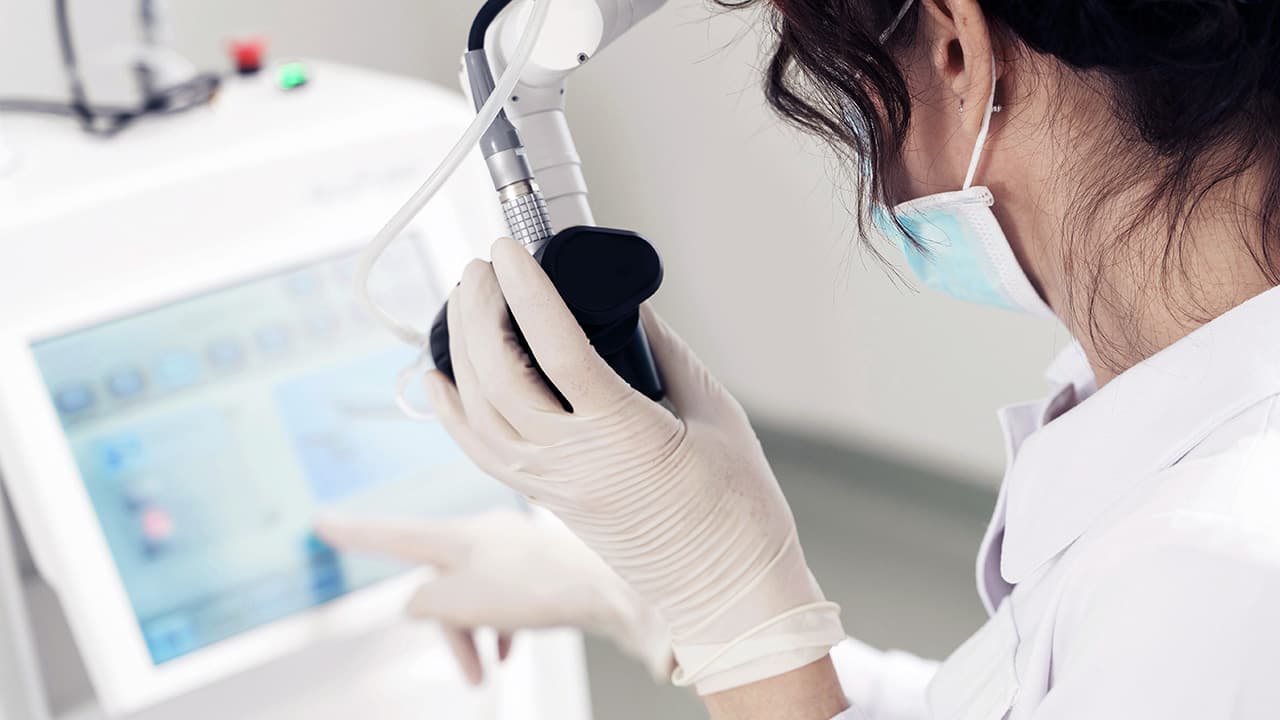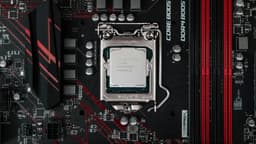AI + Healthcare: Shaping the Future of Medicine
How would you feel about a future where AI + Healthcare work together to help doctors diagnose illnesses faster, assist in surgeries, and even support patients in their daily lives? This collaboration is already making a difference, as artificial intelligence is transforming the medical industry—improving patient care, streamlining hospital processes, and supporting healthcare professionals in ways that were once unimaginable. From software that analyzes medical data to robotic systems that perform precise surgeries, AI + Healthcare is showing remarkable results in efficiency and effectiveness. And this is just the beginning—the potential for growth in this field is vast.
AI + Healthcare in Diagnostic Tools
One of the most impactful applications of AI + Healthcare is in diagnostic support. AI software can analyze medical images—such as X-rays, MRIs, and CT scans—faster and often more accurately than human doctors. For instance, models using AI + Healthcare have shown 90% accuracy in detecting breast cancer from mammograms, often surpassing human radiologists. Companies like Google’s DeepMind and IBM’s Watson Health are leading in this area, showing how AI + Healthcare can support doctors by quickly and accurately identifying patterns in complex medical data.
AI + Healthcare for Personalized Treatment Plans
AI + Healthcare is also creating new possibilities for personalized treatment plans. By analyzing a patient’s medical history, genetic profile, and current health status, AI can help doctors decide which treatments are most likely to succeed. IBM’s Watson Health, for example, uses AI + Healthcare technology to suggest personalized cancer treatments based on the latest research and patient-specific data, ensuring that each patient receives care tailored to their needs.
Robotic Surgery with AI + Healthcare
Robotic surgery is another exciting area where AI + Healthcare is making a significant impact. AI-guided robotic systems allow surgeons to perform highly precise surgeries, which reduces the risk of human error and shortens recovery times for patients. With AI + Healthcare at the forefront, robotic systems like the da Vinci Surgical System assist in complex procedures, helping patients heal faster and making surgeries safer. The global market for robotic surgery, driven by AI + Healthcare advancements, is expected to reach \$15.8 billion by 2028.
Streamlining Operations with AI + Healthcare
Beyond direct patient care, AI + Healthcare applications are transforming hospital operations, making healthcare more efficient. AI-driven systems handle scheduling, manage patient records, and optimize resource allocation, helping hospitals operate smoothly. Predictive AI + Healthcare models forecast the demand for beds, medical supplies, and medications, enabling hospitals to prepare for peak times and reduce costs. According to Accenture, AI + Healthcare technologies could save the U.S. healthcare system up to \$150 billion annually by 2026 through these efficiencies.
AI + Healthcare in Drug Discovery
AI + Healthcare is also accelerating drug discovery, a traditionally slow and expensive process. AI can analyze chemical compounds and predict their effects on the body, identifying promising candidates for new treatments. Pharmaceutical companies like Pfizer and Novartis are using AI + Healthcare to speed up research and reduce costs, bringing new drugs to market faster. For instance, researchers at Insilico Medicine used AI + Healthcare to identify a drug candidate for fibrosis in just 46 days—a process that typically takes months or years.
The Future of AI + Healthcare
The future of AI + Healthcare looks bright, with new advancements emerging regularly. From diagnosing diseases more quickly to enhancing hospital efficiency, AI + Healthcare has the potential to make medical services more effective, affordable, and accessible. The global market for AI + Healthcare is expected to grow rapidly, reaching an estimated \$45.2 billion by 2026. With continued innovation and investment, AI + Healthcare could soon become an integral part of medical practices, helping healthcare professionals deliver better patient care and improving outcomes for individuals worldwide.












